Prepping 101: Steps You Need To Take Today
Seeing how many new readers have joined the discussion about emergency preparedness issues has been fun and exciting. Yes, many are relatively new to learning the skills needed when faced with various emergencies. That’s why I wanted to update my post, Prepping 101: steps you need to take today, particularly to help beginners. I want all my readers to understand the basic steps we all need to take as part of the emergency preparation journey. As you read this post, hopefully, you’ll recognize these as practical steps to improve your self-sufficiency in any survival situation.
Is it possible to have priorities when prepping? While most of us don’t want to think about the worst things that could happen to us and our families, it’s still important to consider how to prepare so we aren’t caught off guard and find ourselves in trouble.
Take some time to think about your family and how well you could deal with emergencies.
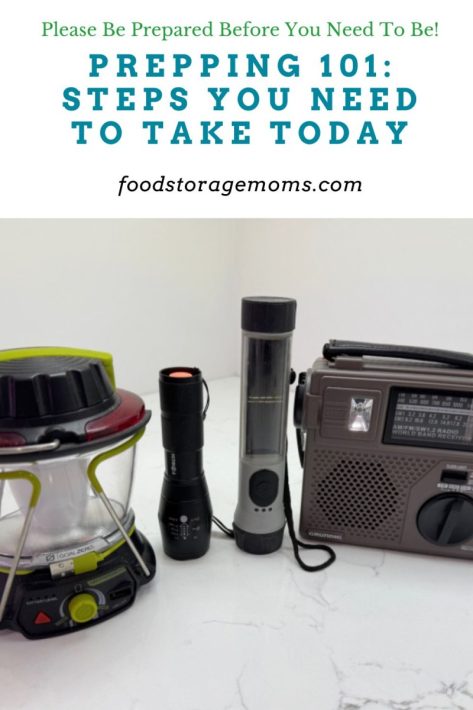
We often think of an emergency as the power grid coming crashing down after a heavy storm, such as a hurricane. That could certainly happen in some parts of the country, particularly during tropical storm season.
However, a more likely scenario than dealing with natural disasters is for someone to get sick, lose a job, or have an accident, making it impossible to work. How long do you think your family could survive if that person happens to be the primary breadwinner? If you guessed not more than a few weeks, that may be right for most families.
That may come across as a little harsh, but we’re trying to take stock today and honestly assess family preparedness and resilience. If we don’t have a feel for what can happen and how best to react, we’ll honestly struggle when that emergency occurs. Keep reading to discover priorities to have when prepping.
Stock Garden Seeds
This is where I buy my seeds: SeedsNow. This is how I store mine: Plastic Photo Container and Label Maker
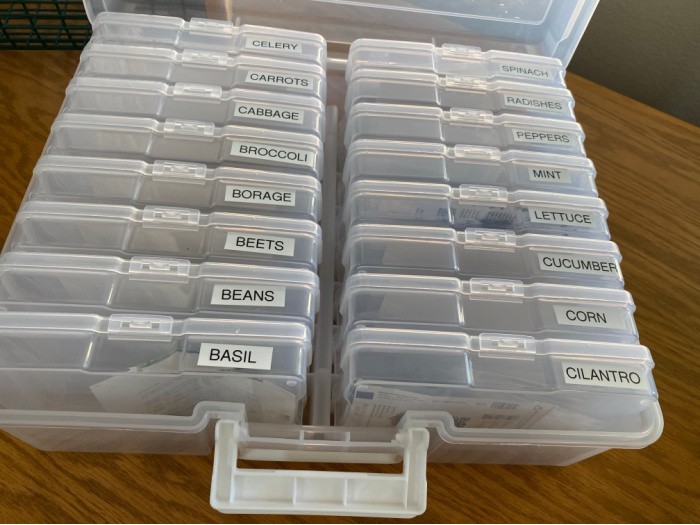
Prepping 101: Steps You Need To Take Today
Maybe you don’t know the first thing about prepping for a disaster or what goes into it. Not to worry. Prepping is not just about stocking up on non-perishable food and supplies, but several other important factors.
Here are several priorities that you need to have when prepping for emergencies of all kinds.
Living Within Your Means By Using a Budget
It’s no secret that prepping can cost money that may not currently be part of your budget. In most situations, people think they don’t have the funds available to spend to get adequately prepared for an emergency.
If things are tight but you want to be able to prepare, you’ll have to reevaluate your budget, set new goals regarding what you need vs. what you want, and adjust the budget accordingly. We all need to learn budgeting skills and use some self-discipline to live within our budget each month.
That might mean skipping eating out as often, dropping that movie night out for a while, taking a shorter vacation or one that’s closer to home, buying tuna instead of salmon, etc.
Again, it comes down to actual needs and not falling prey to wants. You can use any extra money saved to purchase supplies you may need.
Consider making preparation a family project that can be enjoyed together. That way, you have a better chance of getting everyone on the team working for a common goal: being prepared.
Collecting the Necessary Supplies
There are so many choices for the supplies that you could gather to cover a wide range of emergency scenarios. While that might not be what you want to hear, we’ll look at the vital supplies.
- First, you need to look at supplies that will meet your most basic needs. These include food, clean water, safe shelter, clothing, and medical supplies.
- You’ll want to stock a supply of food for each family member in your household that could support their needs, initially for at least a few days. Then, you can add to that so you have a month or two, possibly longer if you have the space and financial resources. This might sound too demanding, but remember, you don’t need to gather it all simultaneously.
- You can buy a little bit over time. Consider stocking up on foods that are dehydrated or freeze-dried since they take up less shelf space and their shelf life will last for many years without spoiling. I’ve seen an increase in the cost of freeze-dried products over several years, so it may be prudent to focus on dehydrated foods or canned goods for now.
Have the Right Amount of Food and Water on Hand
While you can go about three weeks without food in your belly, your body will only function for around three days without water before starting to shut down.
Part of the role of preparedness is learning how to be more self-reliant. I’d like to discuss two aspects of self-reliance with you. One, if you don’t already have a garden on your property, you should plan to start one to supplement your food supply. There are so many fruits and vegetables that you can grow on your own to help supplement what you purchase at your local grocery store.
Mark and I have had an active garden for over 50 years. We’ve learned that some plants are much easier to grow, and others challenge us. One plant that has been a staple for us has been tomatoes. We love to eat tomatoes with so many meals, especially BLTs. This past summer, we planted extra tomato plants so we could share the harvest with neighbors who we knew were having some health issues that made gardening impossible.
The second consideration is to learn how to can and preserve the foods you grow in your garden or purchase from the local farmer’s market. There was a time that our whole family spent weekends in the kitchen canning peaches, apricots, apple sauce, pears, strawberries, and more. The kids were good sports as they jumped in to help. Hardly a morning went by that they didn’t open one of the canning jars so they’d have some delicious fruit with breakfast cereal.
We also canned corn, green beans, peas, and other veggies from the garden. At that time, we knew our children were getting a healthy variety of foods, and we did so on a limited budget. Canning, if done right by having the proper supplies and acquiring the products to be canned during the peak of the harvest season, can certainly save some meal prep costs and provide you with the comfort and confidence of growing much of your own food.
We have extended family members who have also made canning meat part of their annual food storage plan. They have purchased half a beef and a whole pig and added venison from their kids’ successful hunting trips. With the current high prices for meat of all kinds, this is a smart move on their part.
Humans must drink sufficient liquids daily to keep their bodily functions working. Consider how much water you’ll have to store if you have several people in your family. Please remember that I recommend 4 gallons of water storage per person daily for drinking, cooking, limited laundry, and personal hygiene.
Instead of grabbing milk jugs to store your water, they will leak over time, trust me. Consider getting a few 55-gallon water barrels. We used to have some of those, but we gave them to my sister when we moved up north. We also have bigger tanks that hold 160 and 250 gallons.
Having enough Water Preserver to treat your water will also be essential so you don’t have to drain and replace it as often. If applied in the proper portions, Water Preserver will keep the stored water safe for up to five years.
Having Clean Water is Critical
Having enough water is important, but it needs to be clean water before you can use it for hydration or cooking. Water filters as part of an efficient water filtration system make all the difference. Whether you’re filtering water from a stream, rainwater, or questionable water from the tap as some communities have experienced, you need to filter and/or treat the water for safety.
We like products from Big Burkey and PortaWell. Each has unique pros and cons. Check my archive of posts for more detailed information.
Warmth and Dryness
Staying dry and warm will also be necessary for your health. If staying home is no longer an option and you must evacuate, as part of your evacuation planning you’ll need to pack several pairs of clothes and an extra pair of shoes. Ensure you have plenty of warm clothing and extra blankets for your family. There are “emergency” blankets you can buy that are designed to save space, but regular warm blankets will do the trick
That’s also important if you decide to stay put in the safety of your home. If you experience power outages and can’t properly heat your living space, you must consider how best to provide enough heat.
Some backup power systems can run on solar power, and you can consider purchasing a generator. Just be aware that both still need fuel, whether it’s the sun or gas.
Stocking Up On Medicine
There may not be any doctors or prescriptions to help someone in your family get over an illness after the emergency.
It will be important to Stock up on medicines that can fight common colds and flu-like symptoms and provide plenty of pain relief. For those in your family who have to take prescribed medications, be sure to maintain an inventory to cover you for a month or two, if possible, just in case.
Having a first-aid kit with first aid supplies to treat cuts and abrasions will be a smart move. Every family needs a quality first aid kit. You also need skills to administer the required aid. Consider taking some classes as a family.
In an emergency, any and all family members can be subject to injury, so we all need some basic first aid training. Spend a night with your family and practice using first-aid supplies. Understanding CPR, using a splint or brace, controlling bleeding, and other skills can make a difference during emergencies.
Protection
Your protection will also be critical during a severe emergency scenario. While you may never have to use self-defense measures, it’s better to be safe than sorry.
Your family’s safety is essential, so you’ll want to evaluate how safe your home is. Is your furnace room clear of any items that may cause harm, like flammable liquids, clothes, or rags, or too close to the furnace or water heater?
If you feel it’s appropriate, you may want to turn off the gas to your home at some point. If you smell natural gas, turn off the valve outside.
Please keep in mind that you may have to have the gas company come and turn it back on. I’m just giving you the heads up.
Learning where and how to turn it off is a training exercise you can have with your family. The same goes for running water flooding a basement, garage, or other living quarters.
You should also have a quality fire extinguisher. If you already have one, check the date it was last inspected. If it needs to be recharged or a new valve installed, be sure to have that work done ASAP.
Having a way to communicate is also essential. You may find your cell phones don’t work or haven’t been charged sufficiently.
I also have some walkie-talkies I can use to talk to certain neighbors and a hand-crank radio I can use to get the weather and other reports. You’ll want to stay informed. If you have battery-powered devices like flashlights, be sure to have extra batteries. We like solar-powered flashlights that we can charge by placing them on the windowsill.
If your neighborhood is prone to vandalism during emergencies, you may want to consider purchasing personal protection weapons and taking classes on the proper use of firearms.
Beware of Exposure
While most people think that going without water is the worst situation, think again. You may last for a couple of days without water, but you’ll only last for a few hours if exposed to harsh temperatures.
If you’re left without a home or shelter in a blizzard, frostbite and hyperthermia are not far behind. Direct sun exposure in a hot region is also dangerous. It’s important to plan ahead by having more than one location to use.
I have written before about the need for evacuation plans before the emergency hits. You’ll want “bug-out bags” or “72-hour kits” ready to grab and go when the time is right.
The family also needs to know where to meet and how to get them from various locations they may frequent during the day, like school, dance, work, church, the gym, etc.
Learning Essential Skills
Learning essential survival skills should be on every prepper’s priority list. Knowledge is as important as having supplies.
While you might have all the right supplies, if you don’t know how to use them or how to overcome an obstacle, they will be worthless.
One place to start is to check and see if your community offers a CERT course. That stands for Community Emergency Response Team. Mark and I took the class with some friends a few years ago.
It proved to be very informative, and from time to time, we discuss some of the things we learned. Your local fire and/or police departments often teach them.
Having a Community
Many preppers think that when an emergency strikes, they should run to their bug-out shelters immediately. That’s because they believe people may wreak havoc and attack them at home to survive.
That could prove to be true. However, most of these groups will prey on the weak and those with small numbers.
Your bug-out location is essential, but should not be your first resort. Bugging out means you’re relying on yourself and your family to battle everything that comes your way.
This can be dangerous and deadly. It’s a better idea to have a community of friends and family to hunker down with to work together for survival. That location may be where you are, and neighbors you know and trust.
Traveling elsewhere could be dangerous, and possibly not an option. Do all you can to stay put and put your supplies, skills, and efforts to work.
Final Word
It’s all about Prepping 101: steps you need to take today. Preparing aimlessly for an emergency versus prioritizing what you’re preparing for are two separate things.
These are several priorities that you should have when preparing for the worst. If you’ve been a prepper for a while, what other priorities should be considered? May God bless this world, Linda
Copyright Images: Emergency Survival AdobeStock_340237796 by Garreth Brown

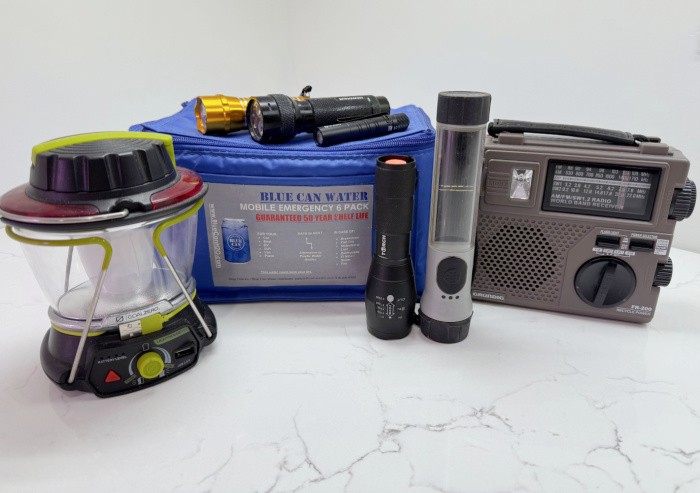

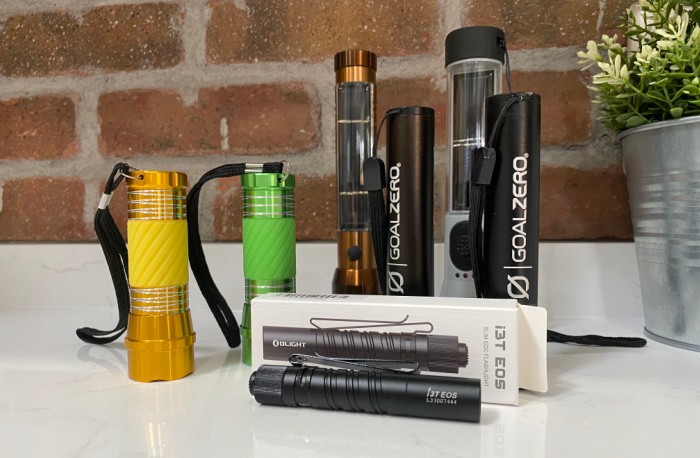
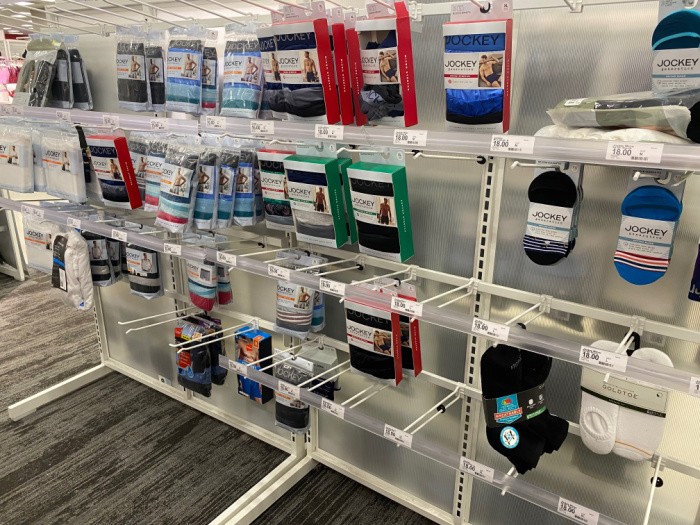
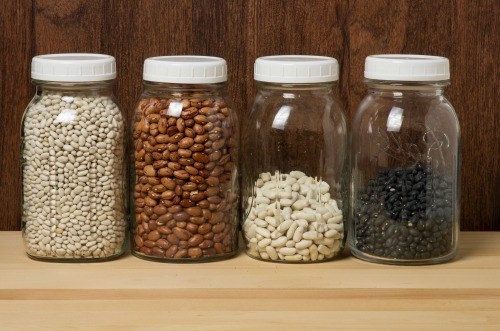


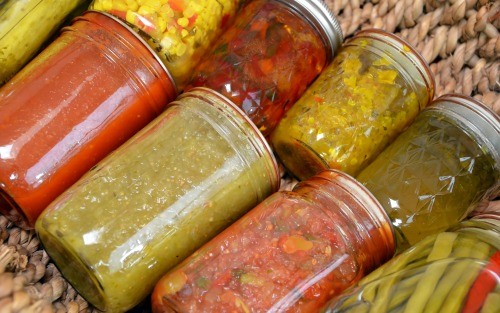
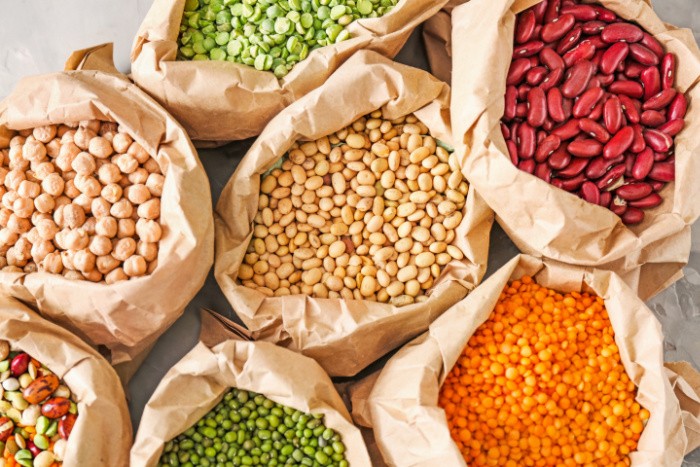
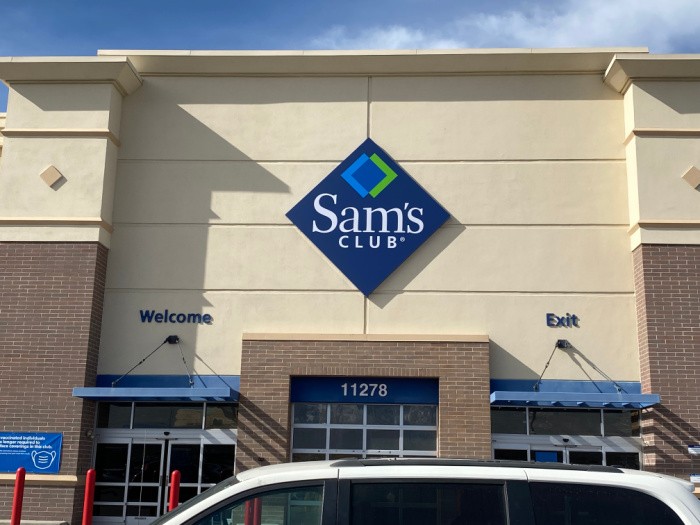
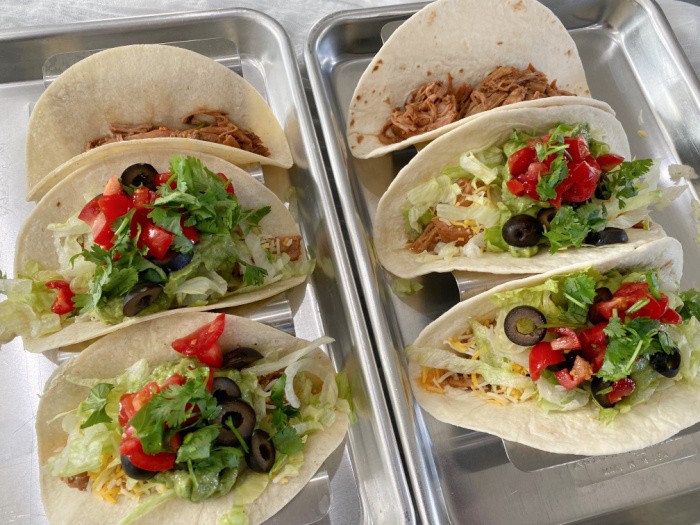

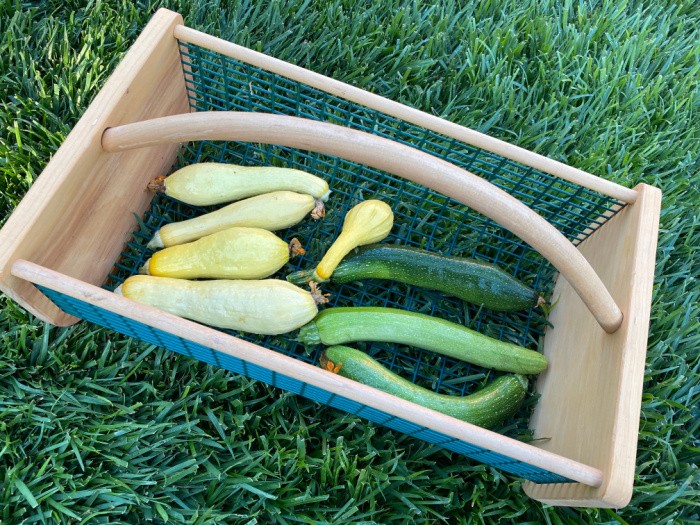
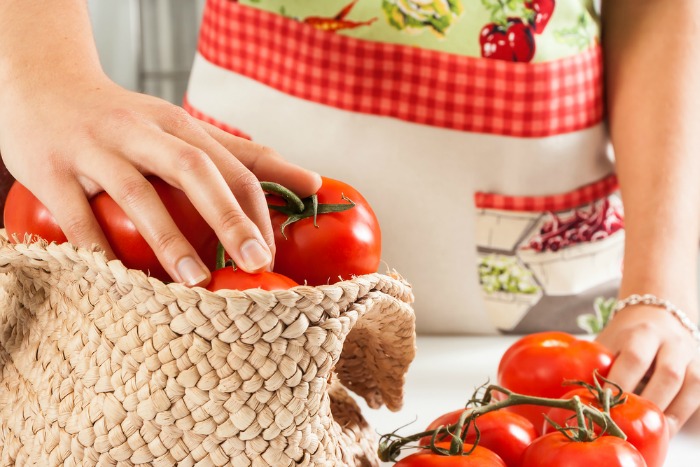

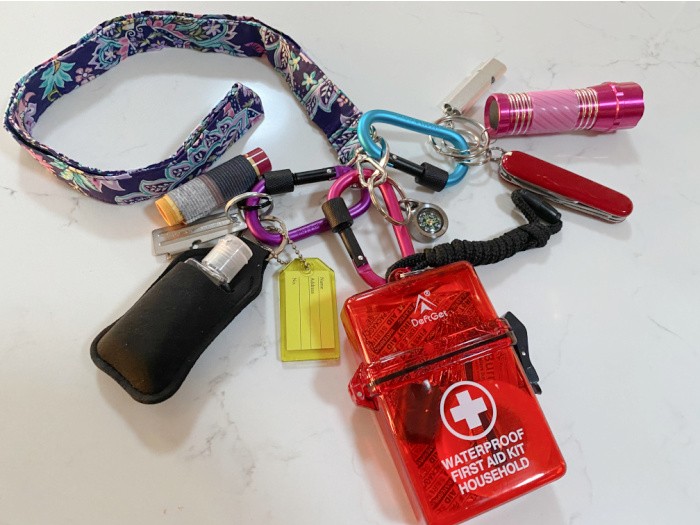





Knowing when and when NOT to talk about being a Self Reliant type.
Knowing who and who NOT to talk with about being a Self Reliant type.
In other words, know and understand the importance of OPSEC (OPerational SECurity) and PERSEC (PERsonal SECurity).
HI WolfBrother, great comment!! Love it, Linda
Linda, sometimes it feels like I’ve lost the impetus to stay prepared. I found a journal I wrote years ago. In it, I wrote about why I felt I needed to move to country, selling my city home I’d worked 10 yrs on to restore. (Small mortgage but still…). This was in ’03 building boom. I was scared of what I perceived to be a false economy. After doing this move, I kept this journal mostly to be about my gardening, chickens, etc. I guess the journal was also about becoming prepared for harder times. And they sure did hit in ’07 or so. Then my preps saved my family again when I had 2 bad cancers (I’m cancer free) and couldn’t work for 9 mos. But now, my kids are grown, have ok jobs, so I’m not the sole provider in our family. Our basic preps, like oil lanterns and woodburners, are still here. I did find how fast food goes if I’m not shopping. I got waylaid 300 miles from home for 2weeks this month. Came home to 2 empty frigs, freezer emptied of easy food, cupboard practically bare. Well, they didn’t boil any beans or rice so that’s intact as a prep. My guys grew up with a prepper mom and they saw no reason to replace what they used! But, I then realized I haven’t talked with them about a ‘just in case’ scenario since they were kids.
Hi Wendy, life brings us learning curves but we rise above it, you truly rose above stuff, my friend! It is crazy how fast our food disappears in two weeks as you said. I taught my kids to prep and be frugal. Some are more prepared than others. But, they do know how to cook. We all need to remind our older kids about a “just in case” that’s how we roll. Linda
Food would be number one right now. Between inflation, economics and shortages we are pushing towards critical mass rather than away from it.
That is spot on, Okie. This Texas brother agrees with that wholeheartedly. There are a lot of folks who are going to be very hungry very soon. Hang in there!!!!
Hi Harry, I totally agree! I pray people are prepared for what’s coming sooner than later. Linda
Hi Matt, I totally agree, food is going to be in short supply very quickly. I pray that people understand what’s happening right NOW! Linda
Matt,
Here in the desert water is always number one, but with shortages barreling down the track at us, food is number two.
Hi Ray, especially where you live and I used to live. Good one! Linda
I will get a Turkey for thanksgiving but at $2.00+ almost $3.00 a pound that is ridiculous and that is supposed to be on sale. Who can afford that? You better believe I will stock up after Christmas because we eat Turkey on New Years, My Birthday, Our Anniversaries-both of them 4th of July and other holidays. I am going to read up on canning Turkey, Chicken, Pork, Beef and any other meat I can get my hands on at a good price.
Hi Jackie, I saw some turkeys for $.89 cents a pound but I’m getting a turkey breast right now because I just got moved and I’m waiting for a freezer to be delivered. Crazy times! You have to buy appliances sight unseen if you want them. Anyway, hopefully, we can find some cheap after Thanksgiving!! Linda
I like the idea of having a community. However, I live in a 24-townhome group where people come and go. We’ve been here for 5 1/2 years and there are only two units that have been occupied by the same people for longer than we have been here. One of those units is occupied by a single middle-age lady and the other by an older woman and her son that’s disabled. Can’t ask the others, since I don’t where they stand on prepping.
Hi Karl, this is the biggest reason I had to sell my home in Southern Utah. I need a community, and very few were into preparedness. Now, I’m closer to family and we make the community I need. I hear you, Karl, it’s rough, when we know very few people and they move in and move out. At least you can take care of yourself. Stay safe, Linda
Don’t know if your comment about new readers is from the original post or later ones but I really hope and pray that one of the new readers is my niece!!
Hi Leanne, oh how fun!! I would love that!! Linda